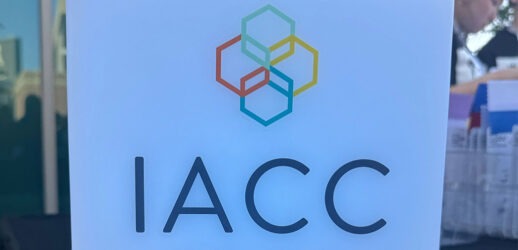Large venues and events tend to generate an unnecessarily large amount of waste in a short period of time. This is not only expensive but also harmful to the environment. Reducing the amount of waste generated at your events can improve your profits by making use of possible tax deductions that you can get for donating items. You can reduce the amount of waste that you generate by reducing, reusing and recycling the waste generated as much as possible.
Do you know the single most effective tool in waste management at events is planning ahead? Planning ahead of time is important in making waste reduction efforts successful and taking steps to limit the waste in the first place will go a long way in reducing your costs, litter and the negative effects of waste on our natural world.
Here are some reduce, reuse, recycle practices you can implement to maximize recycling.
Reduce
You can conserve your energy and resources with these tips:
- Use napkins instead of disposable plates for “finger foods”
- Try and avoid single servings as much as possible and serve condiments in bulk
- Ask the vendors to use reusable containers rather than disposable items
- Post big, easy to read signs rather than distributing hundreds of program flyers
- Use washable napkins, towels and rags for cleaning rather than disposable towels and napkins
- Ask for electronic versions of printed items
- Send letters and memos electronically
- Reduce or avoid unnecessary packaging altogether by purchasing in bulk or precisely what is required
Reuse
Here are some tips to prolong the usefulness of your products without expending any extra money or energy:
- Repurpose and reuse packaging materials and plastic film
- Donate floral arrangements and decorations to group homes, shelters, hospitals and schools after your event
- Donate items such as containers, cardboard tubes and leftover decorative materials to be reused in school art projects
- Use the blank side of your printed documents
Recycle
Here are some tips to reincorporate materials into the manufacturing process, instead of taking them to landfill:
- Buy products made of recycled materials and “Close the Loop”
- Get in touch with a compostable food service for your food waste reduction
- Set up a composting collection program for any food and organic waste generated
- Recycle food and beverage containers as much as possible
- Flatten your cardboard boxes and recycle them to reduce the amount of dumpster space
Getting started—a simple plan to create a zero-waste event.
Plan ahead
Plan your event out well in advance so that you have time to incorporate environmental considerations. Minimize waste from the very beginning. Try to identify any behaviors that generate waste and develop alternatives to reduce them. Review venue and event services contracts to check whether there are any opportunities for waste reduction.
Food service
Purchase your food in bulk and reduce the amount of single-use items and pre-packaged foods such as cookies, mustard and sugar. Try to use reusable items such as cutlery, which can save money in the long run.
Also, ask event staff for their personal suggestions on waste reduction.
Staff and volunteer education
Educate both your volunteers and staff about the importance of recycling and proper recycling procedures. Make sure everyone knows which materials can be recycled.
Recycling signage and containers
Clearly mark all containers in an easy to read language that informs visitors of recycling procedures. Color-coded recycling bins next to trash cans can also improve recycling percentages.
Outreach
Share waste reduction, prevention and recycling achievements with the public by issuing press releases. You can also post your recycling successes on your event website and make recycling public announcements over a sound system at the event.
May your next event be your most sustainable yet.
Erich Lawson is passionate about the environment and an advocate of effective recycling. He writes on a wide array of topics to inform readers on how modern recycling equipment can be used by industries to reduce monthly wastage bills and increase recycling revenue. You can learn more about environment saving techniques by visiting his blog.




